JNIM Ramps Up Attacks in Mali
Over the past three months, Jama’at Nusrat al-Islam wal-Muslimin (JNIM) has launched a devastating wave of attacks across Burkina Faso. And over the past two weeks, the al-Qaeda branch has significantly ramped up the tempo and intensity of its offensive actions in Mali, which had been experiencing comparatively less violence than its neighbour.
On the morning of 2 June, JNIM launched a sophisticated, coordinated assault on Timbuktu, attacking the Sidin Bekaye camp in the heart of the city and three checkpoints in its northern and eastern sectors. Simultaneously, the nearby airport - which houses military aircraft and Russian forces - was targeted by mortar fire. Despite the operation’s complexity, the Malian armed forces claimed that the situation was under control within hours.
Although the military is known to frequently understate the severity of militant attacks, reports from local residents, coupled with images of slain attackers, suggested this was likely not the case on this occasion. JNIM later claimed that some of the attackers, including suicide fighters, had infiltrated the city. Images circulating online suggest they did so wearing military uniforms seized from previous attacks - adding to the list of recent occasions where militants have been seen wearing captured fatigues.
The operation in Timbuktu occurred less than 24 hours after a major attack on a military base in Boulikessi, in what is thought to be one of Mali’s deadliest ever incidents of terrorist violence. Footage from the attack indicates that well over 100 attackers, from units based in both Burkina Faso and Mali, partook in the operation. Scores of soldiers lost their lives attempting to repel the onslaught; however, lacking timely and sufficient support, their attempts were in vain. Reports that the junta is running low on drone missiles due to financial difficulties, suggest more could fall to a similar fate over the coming months.
In the two weeks prior to these attacks, JNIM killed 40 soldiers during an attack on a base in Dioura, struck two positions within 150 km of Bamako, and launched a wave of smaller operations - indicating that the country is now also back within its crosshairs. The current pace and intensity of JNIM’s offensive operations has been catastrophic for the central Sahel’s militaries, although the upcoming seasonal rain may provide some much-needed respite. But as the group continues to gain strength through the growing amount of captured weapons and military equipment, killing vast numbers of soldiers in the process, there is little to suggest that the juntas possess the capacity to turn the momentum in their favour soon.
Nigerian Military Adapts to ISWAP Offensive Campaign
Recent months have seen the Islamic State’s West Africa Province (ISWAP) conduct “its most successful military campaign to date in the Lake Chad Basin region”, according to a recent article in The New Humanitarian. The group has coined its ongoing offensive the ‘Holocaust of the Camps’, which, as the name alludes to, has targeted over 20 military installations - an overwhelming number of which have been in Nigeria’s Borno State.
In a recent editorial published in IS’ weekly publication, which details operations from across the world, the extremist group mocked the Nigerian military’s failure to combat the ongoing campaign. Despite the obvious motivations IS may have to exaggerate Nigeria’s faltering response, its assessment that the armed forces had been unable to tactically adapt to ISWAP’s modus operandi holds more truth than many would like to admit.
Over the past week, the group attacked two bases in New Marte and Bitta, respectively. Although militants were once again able to overrun and partially destroy both installations, along with some of the vehicles inside, the scale of the damage and loss of life was reduced by the response of air components - marking an end to the conspicuous absence of the Nigerian Air Force during this lethal campaign.
After spending a significant period on the back foot, the military has also become more proactive in its approach. This newfound initiative quickly yielded some much-needed success for the government, as a high-ranking commander, his deputy, several explosives experts, and multiple other militants were killed in an operation near Kukawa on 30 May.
However, recent operations to counter ISWAP have also presented some uncomfortable realities for Nigeria. Indeed, underscoring the importance of ISWAP’s violent activity to the wider organisation, news that the armed forces arrested four Pakistani nationals with links to the group has presented as much cause for concern as it has for optimism. Moreover, the arrest of 18 soldiers and 15 policemen for supplying IS militants further exposed the systematic issues facing the Nigerian security apparatus and once again showed the group will not be countered through kinetic responses alone.
Côte d’Ivoire’s Strategic Importance for Hezbollah and Washington
The centrality of the West African theatre to the global influence of groups such as al-Qaeda and the Islamic State is a well-covered topic - particularly by this publication. But these two extremist groups are not alone in leveraging the region’s conducive conditions, which have also historically played a pivotal role in the activities of the infamous Lebanese Islamist organisation, Hezbollah.
On 27 May, reports emerged claiming that FBI operatives had recently arrived in Abidjan, Côte d’Ivoire, to investigate Lebanese business networks linked to Hezbollah. The Lebanese community in Côte d’Ivoire totals over 100,000 people, a portion of whom are either directly or indirectly involved in providing financial support to the group. While some diaspora reportedly fund Hezbollah’s activities through "zakat," an informal taxation, others with deep political and economic influence in the country leverage their positions to help the group launder money, among other illicit activities.
Following a period of intense conflict with the Israeli state, and the loss of a key ally via the toppling of the Assad regime in Syria, Hezbollah has been significantly weakened. The group’s deep infiltration of Cote d’Ivoire’s social, political, and economic landscapes has accordingly become a more vital lifeline for the group, as it seeks to rebuild its capabilities.
Côte d’Ivoire may also soon play an increasingly important role in furthering the US’ ability to project power, with it being reported in late May that Washington has held talks over the possibility of establishing a military drone base in the country. Such a move would allow the US to restore some of intelligence-gathering capabilities in the region, which were drastically reduced following the Nigerien coup in July 2023.
Nigerien Leader Blames External Forces for Destabilising his Homeland
Extremist violence in Niger has spiked considerably in recent weeks, with JNIM and the Islamic State’s Sahel Province (IS-SP) conducting major attacks in the country’s western regions. On 31 May, the country’s leader, General Abdourahamane Tiani, took to national television for a lengthy interview, during which he shifted blame for some of his country’s setbacks onto foreign entities such as France, the US, Algeria, the European Union, China, and Benin.
Tiani’s claims were by no means unprecedented, but rather a continuation of disputes that have characterised his relatively brief tenure, such as the one with neighbouring Benin. Patrice Talon, president of neighbouring Benin, was one of West Africa’s leading voices of opposition to Tiani’s military coup d’état in July 2023. Among the sanctions Benin imposed on the nascent military regime was the closure of their shared border. Although Talon later reversed this decision, Tiani has refused to follow suit, justifying his decision by claiming that Benin hosts French bases aimed at "destabilising" Niger.
In his public appearance this week, Tiani doubled down on these allegations and accused President Talon’s administration of ignoring the region’s security situation while Nigerien soldiers and civilians are killed by militants. The significant uptick in jihadist violence Benin has experienced since Tiani seized power - which has been attributed to decreased security cooperation between the two countries - serves as a reminder that Niger is not alone in its suffering.
Allegations that France had orchestrated the recent kidnappings of Spanish, Austrian, and Swiss nationals in the country’s north were perhaps the most intriguing dimension of this interview, which according to Gen. Tiani, were carried out to "dissuade investors". Ironically, there was no mention of the other foreigners kidnapped this year, most of whom, unlike the three Tiani referred to, were working on major economic projects in the country.
The inherent contradictions in Tiani’s recent words are yet further evidence of the hyperreality that has come to define the era of military rule over the central Sahel. And while there are many who firmly believe the narratives portrayed by the three juntas - narratives that resonate due to the mixed results decades of Western involvement produced in the region - the escalating levels of insecurity indicate that a time may come when supporters are compelled to look beyond their leader’s deflections.
Return of Former Congolese Leader Adds Complexity to Crisis
It has been months since the M23-led AFC rebel coalition seized Goma and Bukavu - the two largest urban centres in the eastern Democratic Republic of the Congo (DRC) - yet the protracted crisis has shown few signs of drawing to a conclusion. Following the fall of the two cities, Walikale territory in North Kivu has emerged as a focal point of the fighting between the rebels and armed groups affiliated with the central government (Wazalendo).
Over the past week, M23 / AFC rebels seized control of several villages in Walikale from the Wazalendo groups, while fighting also continued in the Rutshuru, Lubero, and Masisi territories of North Kivu, alongside parts of South Kivu. The enduring battles for territorial control come despite a much-heralded diplomatic breakthrough in late April, in which the Congolese government and the Rwanda-backed rebels agreed to stop fighting until a peace deal was agreed.
A draft proposal for a permanent cessation of hostilities was scheduled for 3 May, yet a month has passed since this deadline, and a deal remains elusive. Given the complexity of the conflict’s dynamics, this delay is unsurprising. Returning to the DRC after years in exile, the country’s former president, Joseph Kabila, will likely add further intricacy and intrigue to this saga.
Kabila arrived in the M23-held city of Goma on 25 May, only days after he lost political immunity due to his alleged links to the rebel group. The former leader has made it clear that he would like to see President Felix Tshisekedi - a man who helped depose him - removed from office. Indeed, Kabila has done little to disguise his contempt for the Congolese president, whom he recently accused of being responsible for a "rapid deterioration of the general situation [in the DRC]" and of having given in to a "power intoxication."
Recent reports that Congolese authorities have detained close to 30 military officials and political figures with ties to the former leader over the past few months indicate that Tshisekedi believes Kabila, a figure with deep-rooted political connections, is not alone in opposition to the president. The former leader’s return has since been followed by claims that the rebel coalition is planning to launch a major operation to capture the town of Pinga, allegedly due to Tshisekedi’s unwillingness to respect the ceasefire, casting further doubt that this conflict is drawing to a close.


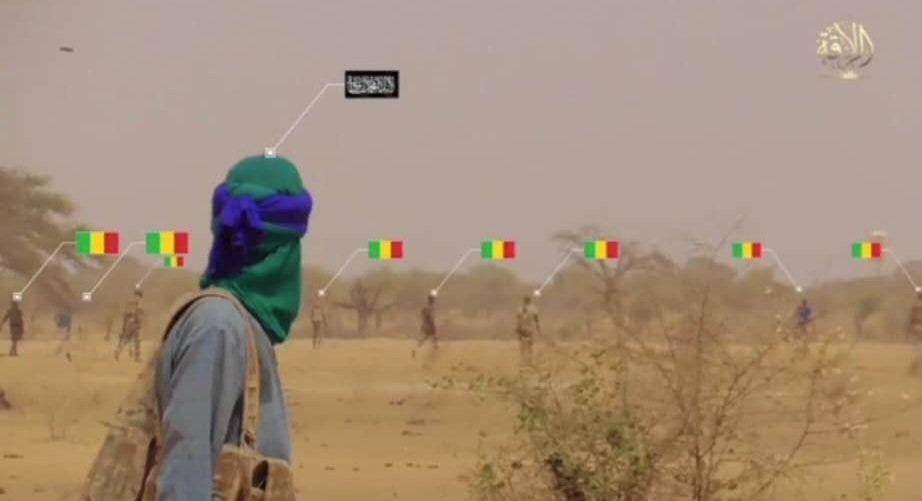
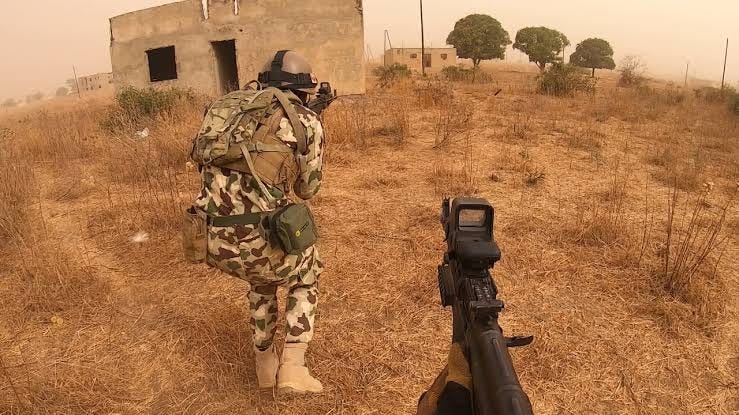
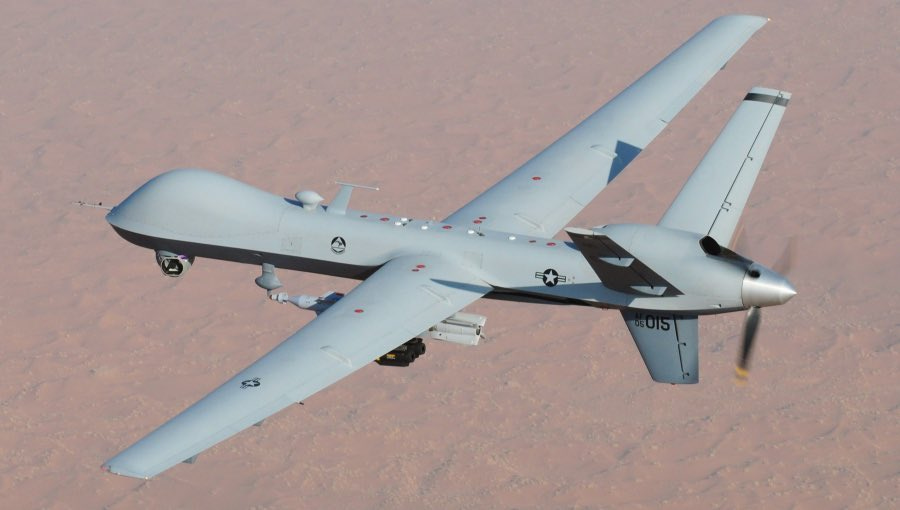
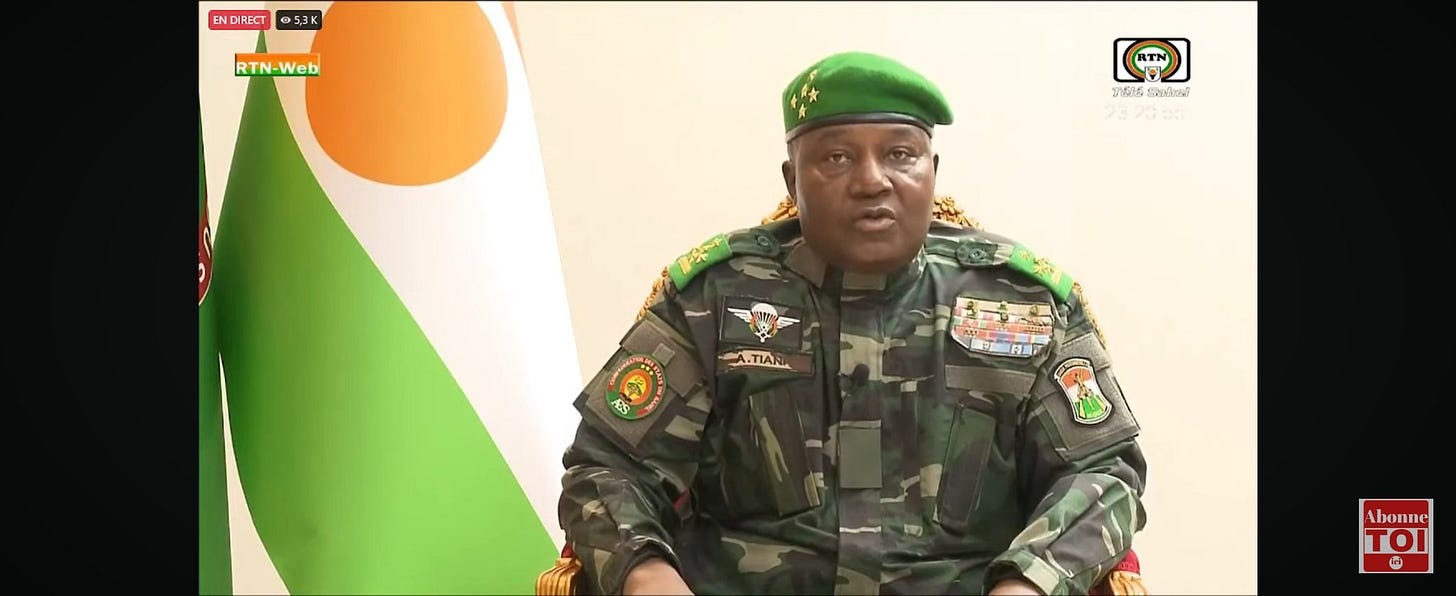
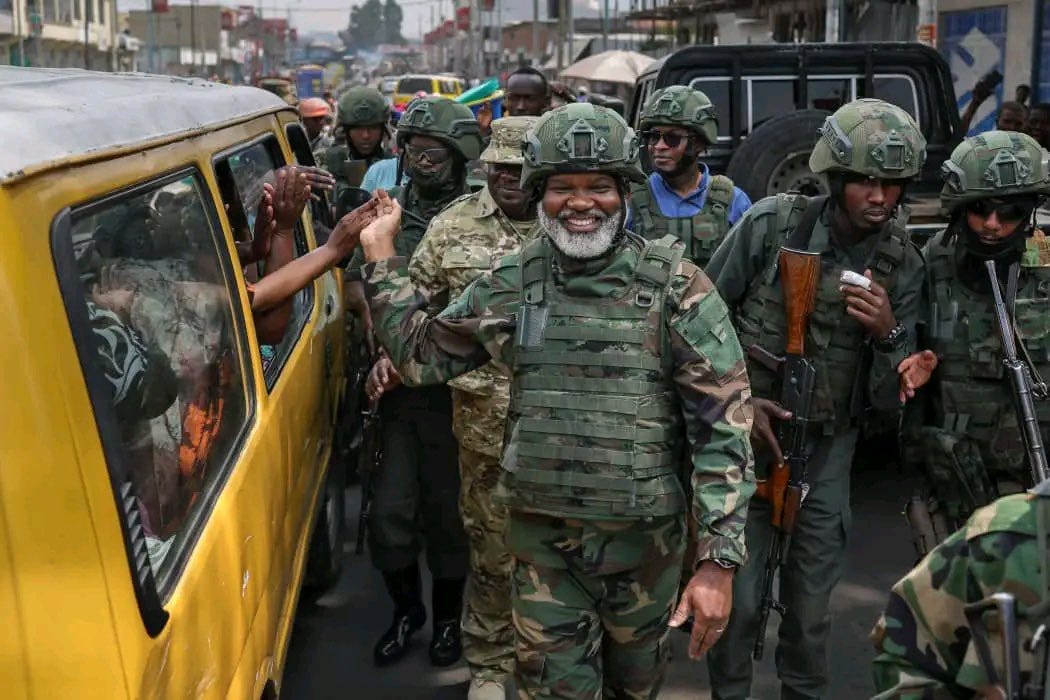
Very informative read. I recently read that the US wants to reduce its military presence in Africa. How do you think this might affect the security situation in the Sahel Region and other conflict-ridden areas?